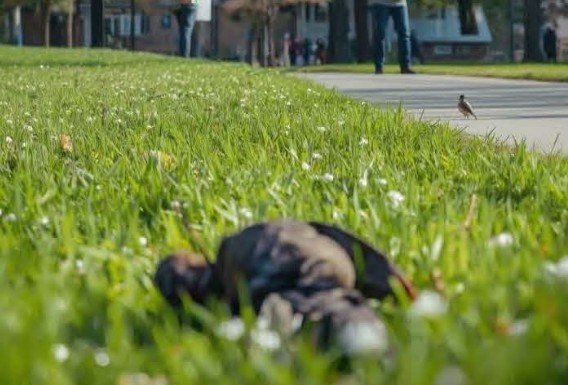TCU Prioritizes Mental Health with Comprehensive Wellness Programs

On the campus of Texas Christian University (TCU), the focus on student well-being goes beyond the physical mishaps and extends to mental and emotional health concerns. Recognizing the changing landscape of societal attitudes towards mental health, TCU has adapted its approach over the last two decades to address the growing stress, anxiety, and depression among its student population.
Brad Stewart, the associate director of fitness and wellness education at TCU, emphasized the university’s commitment to fostering a balanced environment that caters to the overall wellness of its community. In an interview, Stewart noted that the university acknowledges the significance of emotional, physical, and spiritual well-being, and has embraced the idea that wellness is a vital tool for enhancing academic performance.
With students today being more open about their struggles, TCU’s faculty and staff play a crucial role in identifying and addressing mental health issues. Stewart highlighted indicators such as changes in academic performance, physical appearance, body language, and behaviors as red flags that may signal a student’s mental health challenges.
Given the small class sizes at TCU, faculty members are better attuned to their students, allowing for a more proactive support structure. Stewart emphasized the importance of simple conversations to initiate support, suggesting that acknowledging changes and expressing concern can be the first step in creating a sense of community and belonging.
To facilitate mental health support, TCU offers a range of programs through its Campus Recreation & Wellness Promotion division. The Wellness Education Office serves as a primary source for mental and emotional health programming, offering workshops on topics such as suicide prevention, stress management, relaxation techniques, time management, mental health allyship, and the benefits of sleep. These workshops, led by trained staff and graduate assistants, contribute to primary prevention education, freeing up other campus resources to focus on intervention and crisis management.
Additionally, TCU employs Peer Educators, led by undergraduate students, to organize outreach events and educational campaigns. These events cover a spectrum of wellness skills, from art therapy to emotional intelligence, providing students with practical tools to navigate the challenges of college life.
Stewart expressed TCU’s dedication to addressing mental health concerns openly, stating, “Now, as a university, we’re stepping up and doing something to help students take care of themselves.” The institution’s multifaceted approach aims to create a supportive community where students feel comfortable seeking help and faculty and staff are equipped to provide assistance.







